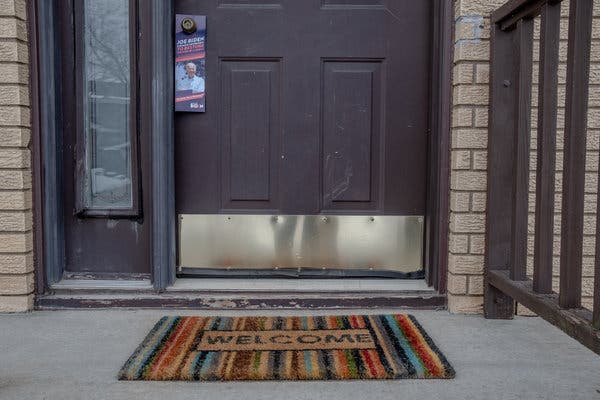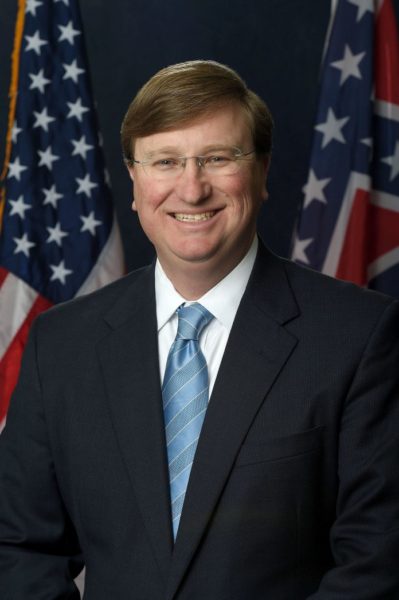Advertisement
Mr. Kent, the department’s top Ukraine official, is known for pushing good governance causes without regard for whom he might offend.

WASHINGTON — As the senior State Department official in charge of Ukraine, George P. Kent was so alarmed by what he viewed as President Trump’s efforts to initiate “politically motivated prosecutions” there that he wrote a memo about it over the summer — weeks before an anonymous whistle-blower’s explosive complaint prompted the impeachment inquiry.
On Wednesday, he became one of the first public witnesses in the investigation.
In his closed-door interview with the House Intelligence Committee last month, Mr. Kent suggested the president was engaged in behavior the United States would never tolerate in nations with corrupt governments.
“There is an outstanding issue about people in office in those countries using selectively politically motivated prosecutions to go after their opponents,” Mr. Kent said, according to a transcript released last week. “And that’s wrong for the rule of law regardless of what country that happens.”

William B. Taylor Jr., the top U.S. diplomat in Ukraine, and George P. Kent, a senior State Department official in charge of Ukraine policy, are testifying in front of the House Intelligence Committee in the first public hearing of the impeachment inquiry. Our correspondents are following every revelation and providing live analysis and insights.
A Harvard graduate and career diplomat who speaks Ukrainian, Russian and Thai, Mr. Kent joined the State Department in 1992 and now holds the title of deputy assistant secretary for European and Eurasian Affairs. He has a deep knowledge of corruption in Ukraine from his time as an anticorruption coordinator in the State Department’s European Bureau in 2014 and 2015, and later as deputy chief of mission in the United States Embassy in Kiev from 2015 until 2018.
Mr. Kent is known for pushing for good governance causes without regard for whom he might offend. He once told former Vice President Joseph R. Biden Jr.’s staff that it “could create the perception of a conflict of interest” that Mr. Biden’s son was serving on the board of a Ukrainian gas company that had been accused of corruption. He also accused a Ukrainian prosecutor of taking a bribe to drop a case against the oligarch who owned that gas company.
And he fought vigorously to defend Marie L. Yovanovitch, the former ambassador to Ukraine who was ousted by Mr. Trump, calling a different Ukrainian prosecutor’s criticism of her “complete poppycock” in an email to other State Department officials.
On the day of his deposition, Mr. Kent strode into the Capitol wearing a bow-tie and dark three-piece suit, and spent more than seven hours with investigators. He made clear that he was deeply troubled by the way Mr. Trump and his allies were pushing Ukraine to investigate the Bidens, and complained that Mr. Trump’s inner circle had sidelined him.
He was all but cut out of decisions regarding Ukraine, he told investigators, after a May meeting organized by Mick Mulvaney, the acting White House chief of staff.
Mr. Kent was especially disturbed at the role of Rudolph W. Giuliani, Mr. Trump’s personal lawyer, whom he viewed as running a rogue foreign policy operation in Ukraine that excluded career diplomats. He had warned colleagues as far back as March about what he described as “disinformation” being spread by Mr. Giuliani and Trump allies in the conservative news media to smear both Mr. Biden and Ms. Yovanovitch.
Mr. Giuliani, he told investigators, was running “a campaign of lies.”
In his private testimony, he offered new detail that appeared to underscore the idea that Mr. Trump’s actions were politically motivated, saying he was told that the president wanted to hear President Volodymyr Zelensky of Ukraine say the name “Clinton” in connection with potential wrongdoing.
Using the acronym for president of the United States, he told investigators, “POTUS wanted nothing less than President Zelensky to go to microphone and say, investigations, Biden and Clinton.”


